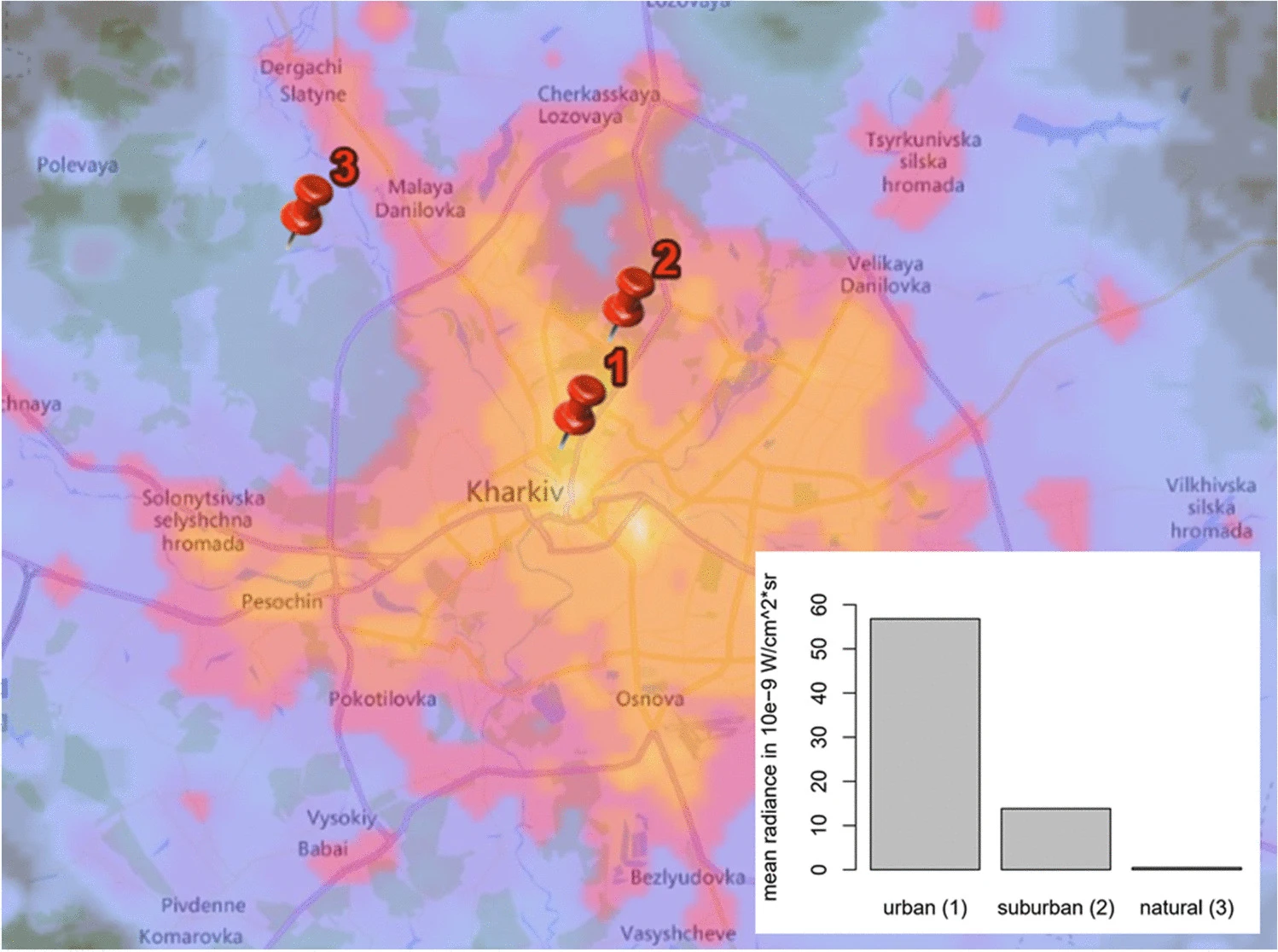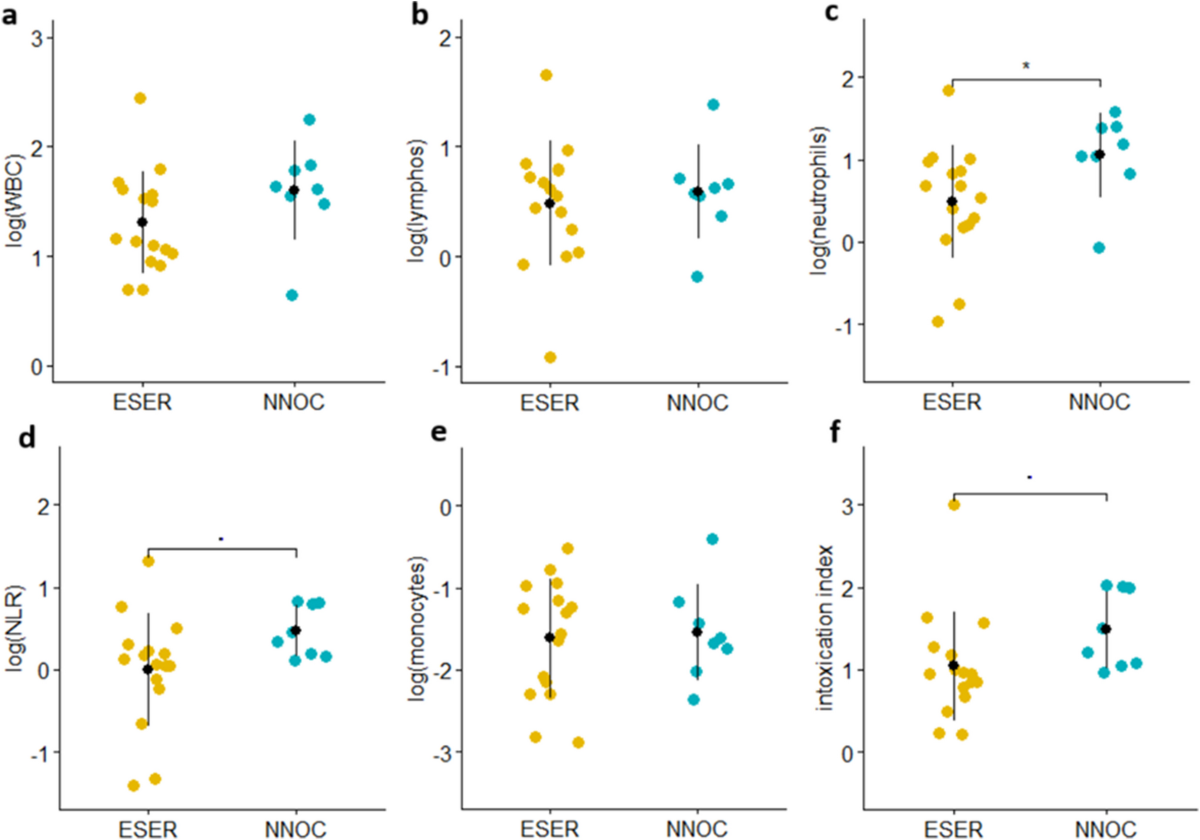Urbanization is one of the most man-made landscape changes in the world. It affects not only habitats, but also the health of wildlife. In this pilot study, researchers from Kharkiv, Ukraine and the German Bat Observatory investigated whether the basic cellular immunity of bats is different in urban environments than in less human-influenced landscapes. For this purpose, several immune parameters in bats from urban and natural habitats were collected and compared with each other. The results indicate that bats in cities have altered baseline values in their immune defenses. Particularly striking were differences in certain white blood cells, which play a central role in the defense against pathogens. The study suggests that urbanization can have fundamental effects on the immune system of bats – possibly through factors such as light pollution, food availability, pollutants, increased population density or human stress. The authors emphasize that this is a pilot study. In order to better understand the mechanisms, more extensive studies with larger samples and additional ecological parameters are necessary. For us in bat conservation, this work is an important clue: When we record the health of bat populations in cities, we should also take into account their immune defenses – not just habitat and food supply. Greener cities could help to improve the health of animals found in urban habitats and thus also the health of people (“One Health principle”).
Original study: Tovstukha, I., Fritze, M., Kravchenko, K., Kovalov, V., & Vlaschenko, A. (2025). Urbanisation may alter baseline cellular immunity in bats: a pilot study. Biologia, 1-7. https://doi.org/10.1007/s11756-025-02027-x


